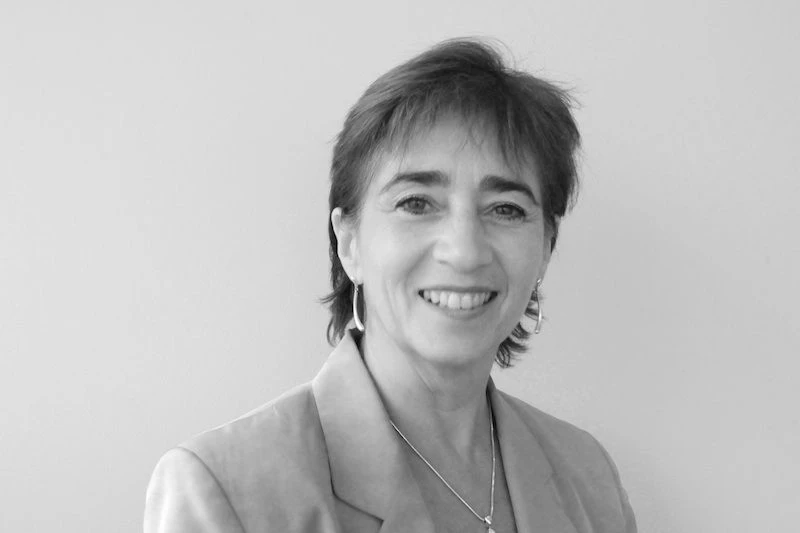
Partner Article
Everything Everywhere decision: is first an advantage?
Stephanie Liston, senior counsel at Charles Russell LLP, shares her views on the recent Ofcom decision on Everything Everywhere’s use of 4G.
Seeing the Ofcom Everything Everywhere (EE) decision, one wonders whether the pro-investment (i.e. helping the economy overall) has outweighed the opportunity for independent consumer choice issues as well as the opportunity for genuine and robust competition in high speed 4G LTE services to develop in the UK.
The decision is of particular interest in light of the upcoming 4G auctions. Based upon the current timetable – other operators Vodafone and O2 would not be able to begin competing in the market until the second quarter of 2013. As expected, Vodafone and O2 are not very happy. What specific practical, legal and regulatory steps they will take to address their concerns have yet to be announced or launched. Three, on the other hand, has been unusually quiet. It is a mobile virtual network operator (MVNO) on EE’s 2G network. It is also apparently in advanced talks with EE to purchase spectrum that EE must divest following its merger. Query whether EE will allow Three UK to become an MVNO on its new 4G network. If so, will it offer the opportunity to its many other MVNOs?
It is rare for a regulator to give head starts or handicaps to competitive operators. It may have been more tactical for Ofcom to have delayed its decision. No decision or a late decision is a relatively common strategy in the telecoms!
As it stands, EE will have a competitive advantage of 12-18 months. If Ofcom had delayed the decision, the head start would then have been diminished and the competitive disadvantage to other operators limited.
The true financial and competitive advantage, of course, will depend entirely upon EE’s ability to executive, roll out and market 4G services. This will require the availability of mobile devices that will deliver 4G services over EE’s 1800 MHz spectrum. The only equipment working on that frequency at the moment is in Korea.
EE will also need to convince consumers of the value of faster mobile broadband speeds. This will involve significant marketing spend – particularly as the only provider in the market. Remember Rabbit? Where did it hop to?
EE will also need to be confident its network is 4G ready. To launch services with significant marketing costs, potentially crippling handset subsidies, as well as a limited range of devises – EE will have to be confident in its infrastructure. A failed launch could have a serious negative effect on the take up of 4G services for all of the operators and for the UK economy.
Being a first mover in telecoms is not always an advantage!
This was posted in Bdaily's Members' News section by Stephanie Liston .
Enjoy the read? Get Bdaily delivered.
Sign up to receive our popular morning National email for free.








 Raising the bar to boost North East growth
Raising the bar to boost North East growth
 Navigating the messy middle of business growth
Navigating the messy middle of business growth
 We must make it easier to hire young people
We must make it easier to hire young people
 Why community-based care is key to NHS' future
Why community-based care is key to NHS' future
 Culture, confidence and creativity in the North East
Culture, confidence and creativity in the North East
 Putting in the groundwork to boost skills
Putting in the groundwork to boost skills
 £100,000 milestone drives forward STEM work
£100,000 milestone drives forward STEM work
 Restoring confidence for the economic road ahead
Restoring confidence for the economic road ahead
 Ready to scale? Buy-and-build offers opportunity
Ready to scale? Buy-and-build offers opportunity
 When will our regional economy grow?
When will our regional economy grow?
 Creating a thriving North East construction sector
Creating a thriving North East construction sector
 Why investors are still backing the North East
Why investors are still backing the North East